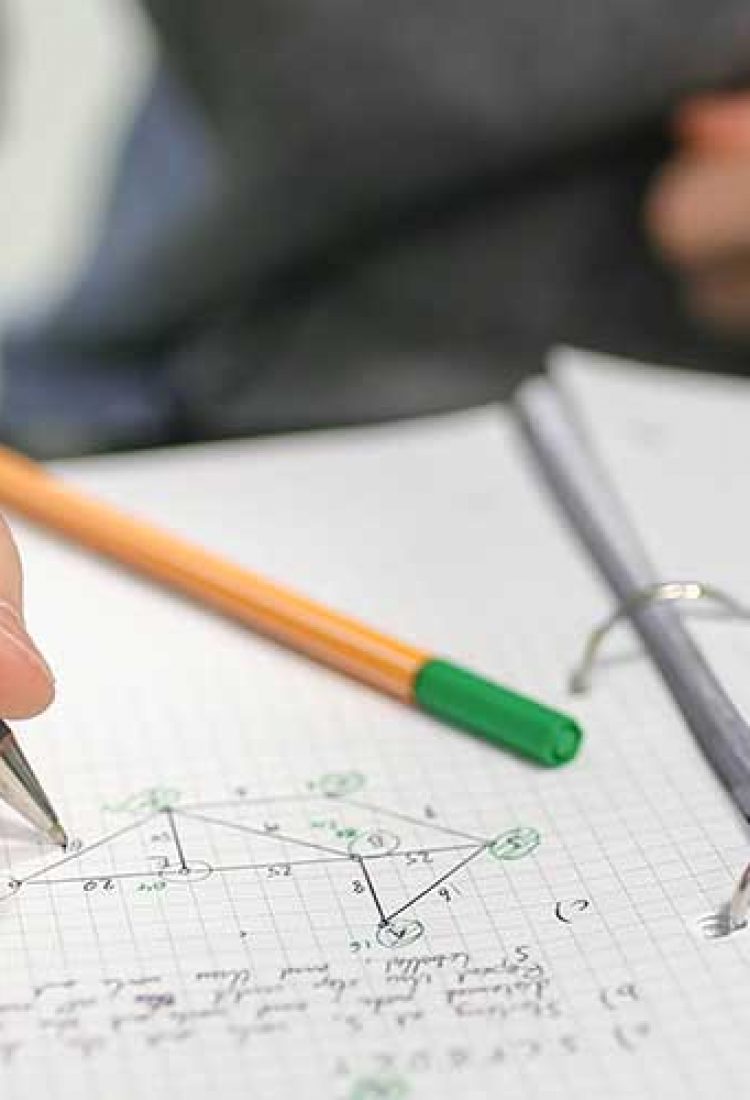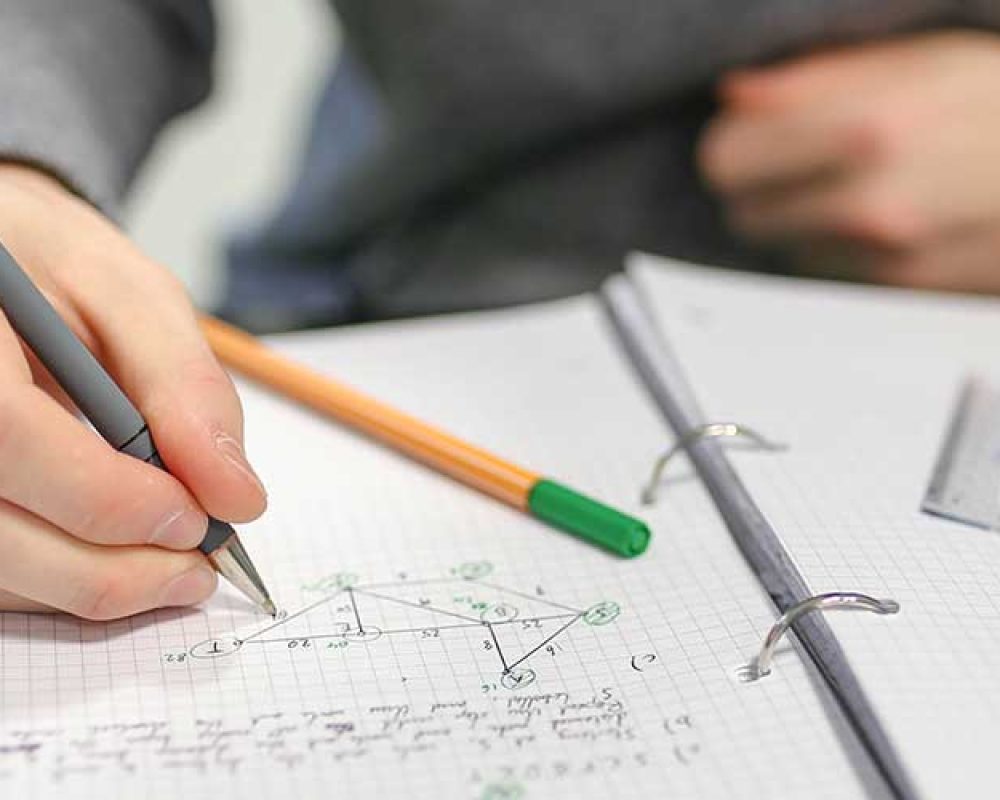Entry Requirements
Further Mathematics – Grade 8 GCSE Maths (You will also need to be studying A Level Mathematics)
Examination Board: Edexcel
Are you?
- A keen mathematician
- Someone who enjoys solving complex mathematical problems
- Interested in learning new and abstract concepts
- Looking for a career within Science, Maths, Engineering or Technology?
- Do you: Enjoy a challenge?
- Hardworking and motivated?
- A talented mathematician with strong algebraic and trigonometry skills
Career Opportunities
Mathematics opens doors to a vast amount of opportunities within education and for future careers. Further Mathematics allows students to fine tune and develop their skills so they are best prepared for whichever path they choose to follow. Not only does it allow students to push the boundaries of their mathematical understanding, it provides the opportunity to learn new, interesting and complex methods that are a constant throughout Mathematical based or STEM (science, technology, engineering or mathematics) subjects at University.
The skills gained from studying a (STEM) subject at A level or degree level are in demand by employers. Graduates with STEM degrees earn on average 5% to 10% higher salaries than the mean for all graduates.
A wide range of STEM and non-STEM subjects are underpinned by mathematics. Having a broad mathematical knowledge and secure technical ability will help the transition from sixth-form to higher education. Together with good mathematical skills, employers are looking for the ability to work in a team, communicate effectively and show initiative.
Course Content & Assessment
The aims of the A level Further Mathematics courses are to encourage candidates to:
- Understand mathematics and mathematical processes in ways that promote confidence, foster enjoyment and provide a strong foundation for progress to further study
- Extend their range of mathematical skills and techniques
- Understand coherence and progression in mathematics and how different areas of mathematics are connected
- Apply mathematics in other fields of study and be aware of the relevance of mathematics to the world of work and to situations in society in general
- Use their mathematical knowledge to make logical and reasoned decisions in solving problems both within pure mathematics and in a variety of contexts, and communicate the mathematical rationale for these decisions clearly
- Generalise mathematically
- Construct mathematical proofs
- Use their mathematical skills and techniques to solve challenging problems which require them to decide on the solution strategy
- Recognise when mathematics can be used to analyse and solve a problem in context
- Represent situations mathematically and understand the relationship between problems in context and mathematical models that may be applied to solve them
- Interpret solutions and communicate their interpretation effectively in the context of the problem
- Read and comprehend mathematical arguments, including justifications of methods and formulae, and communicate their understanding
- Read and comprehend articles concerning applications of mathematics and communicate their understanding
- Use technology such as calculators and computers effectively, and recognise when such use may be inappropriate
- Take increasing responsibility for their own learning and the evaluation of their own mathematical development
The course is designed to run parallel to the A level Mathematics course. You will use some skills learned in the A level course along with learning new skills and topics. The course is split into 3 modules. Core Pure Mathematics which makes up 50% of the content, Decision Mathematics and Further Statistics which each make up 25% of the content.
Core Pure
Core Pure Mathematics is focussed on ‘pure’ Mathematics. Algebra and Trigonometry make up a large part of this module where you will build on skills learnt at GCSE and during your A level Maths lessons. You’ll also learn some new and exciting topics such as Complex Numbers, Matrices and gain further insight into Vectors. Students will be asked questions which require them to produce detailed answers and proofs involving complex algebraic calculations.
Decision
Decision Mathematics has close links with Computer Science. You will learn about Algorithms, Graphs and Networks and using methodical steps to optimise solutions. Have you ever wondered how google maps determines the quickest route for your journey? Decision Mathematics enables programmers to successfully solve these problems.
Further Statistics
Further Statistics will build upon the Statistics work you do in A Level Mathematics as well as supporting the statistical elements of many other courses including social sciences, geography and science. The course will introduce you to alternative statistical models and also look at how you can determine the “goodness of fit” to help inform the inferences you can make from the data. Statisticians are in high demand as there is a rising reliance on data and need for high level analysis in many industries.


